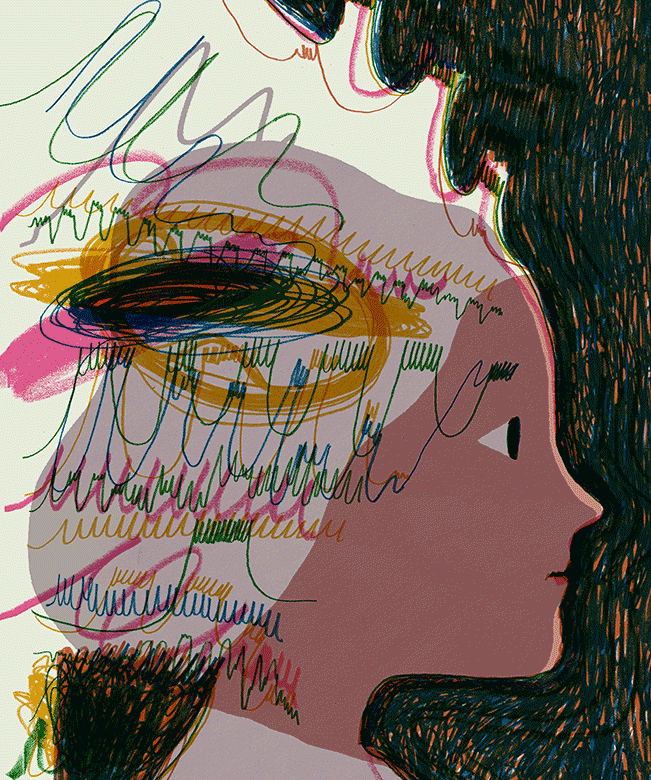Cognitive science is a multidisciplinary science that studies the structures and processes of the mind, combining a variety of approaches and theories from the fields of philosophy of mind, neuroscience, linguistics, psychology, artificial intelligence, and anthropology. The main purpose of cognitive sciences is to study the rules, logics, concepts and other mental representations that are used in the creation of thoughts and behavior and cognition in general. All mental structures and processes that are involved in sensation, perception, consciousness, attention, memory, problem solving, reasoning and language, etc, are the subjects of study and cognitive sciences.
There is no need to prove that the brain is a very complex organ that has very unknown dimensions even today. Interestingly, the brain is both a complex system and operates on the principles of complexity science and chaos theory. For example, the human brain is made up of about 100 billion interconnected cells, of which there are nerve cells. If a person remembers a subject, a large number of nerve cells in a particular pattern are simultaneously activated (spike) and the person remembers that subject. The spike of these cells occurs in the range of strange attractors (one of the basic concepts in chaos theory) and based on the fractal structure (one of the basic concepts in chaos theory). That is, a large part of the brain processes are performed according to the theory of chaos. A healthy human brain has chaos within it and should always be on the edge of chaos. As we have said before, the science of complexity is responsible for studying the systems at the edge of chaos. If the human brain changes phase from a chaotic state to a simple state, then the person will reach the state of epilepsy and seizures in the least state.
I will further explain that human thinking about the future (future studies) has deep roots in the study of cognitive sciences. For example, the formation of episodic memory plays a key role in creating the capacity to think about the future in humans. Also keep in mind that in the real world, there is neither a future nor a past. The future and the past are in the thoughts, ideas and memories (minds) of people in general. Future study in this view is equivalent to exploration in the individual and collective minds.

 فارسی
فارسی
